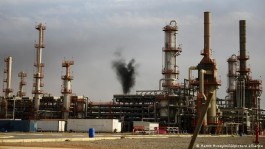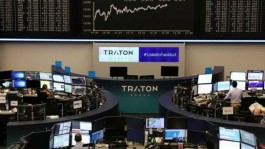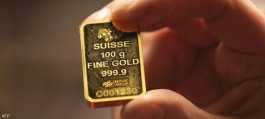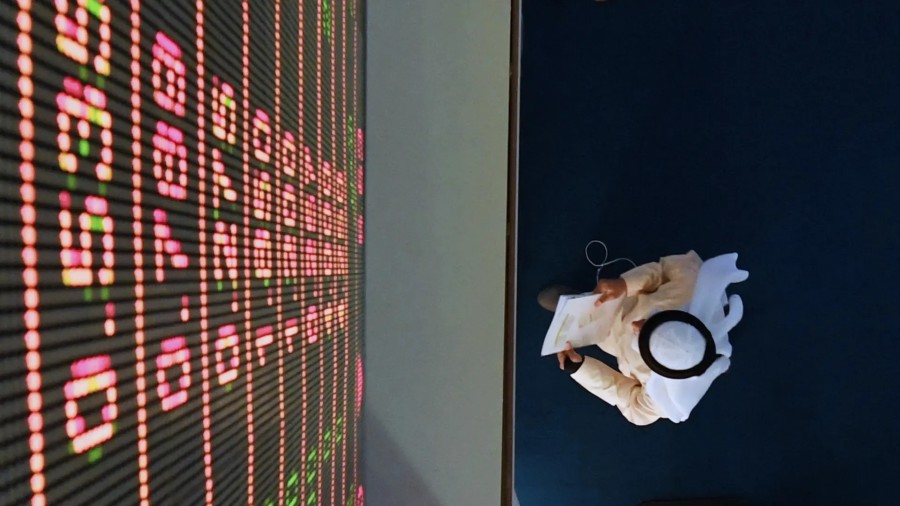The Saudi stock market began the week with a gradual recovery after reaching levels considered attractive to investors. Interest in real estate stocks also returned following the release of additional details on the rules for foreign ownership of real estate, while traders await new catalysts to restore momentum to the market and determine its direction in the coming period.
Mohammed Zeidan, senior financial analyst at Al Sharq, said the market is currently at speculative levels, adding that holding above 11,000 points is a positive sign, but the chances of rising or falling are equal pending further catalysts.
The market is at attractive levels.
For his part, Ikrami Abdullah, senior financial analyst at Al-Eqtisadiah newspaper, predicted a positive market performance, especially with the improvement in multiples and cash dividend yields after the market lost about 5.5% during the past three weeks.
The Tadawul All Share Index (TASI) rose 0.26% to 11,039 points in early trading, supported by gains in shares of Ma’aden, Al Rajhi Bank, National Bank and ACWA Power, while shares of Aramco and SABIC declined.
Abdullah added during an interview with Al-Sharq that several companies in the market are also benefiting from the agreements that the Kingdom signed with the United States last week in sectors such as metals, energy, drilling and companies related to artificial intelligence.
Real estate stocks rise
The kingdom is moving forward with a reform plan that will allow foreigners to own a wide range of properties, including in holy cities, starting next January. Non-Saudis will be able to buy residential, commercial, agricultural and industrial properties, as well as own land for development, according to statements by a senior official quoted by Bloomberg on Friday.
The real estate sector index rose in early trading, with shares of most companies listed within the sector climbing by up to 3.5%.
Abdullah believes that the new legislation, which also includes holy sites, will have a positive impact on the sector, as it will create a balance between supply and demand, in addition to some measures taken previously, such as lifting the ban on some lands and imposing fees on vacant lands, which will encourage further development.
REIT funds benefit
Hisham Abu Jamea, senior advisor at Naif Al Rajhi Investment, says that REITs will also benefit from these decisions, but the market needs more information about the method of ownership and whether it is direct or through investment funds, which will become clear when the laws are officially issued.
He added that there are projects in Riyadh, Mecca and Medina exceeding one trillion riyals over the next five years, therefore companies with strong management and strong liquidity will benefit greatly.








































